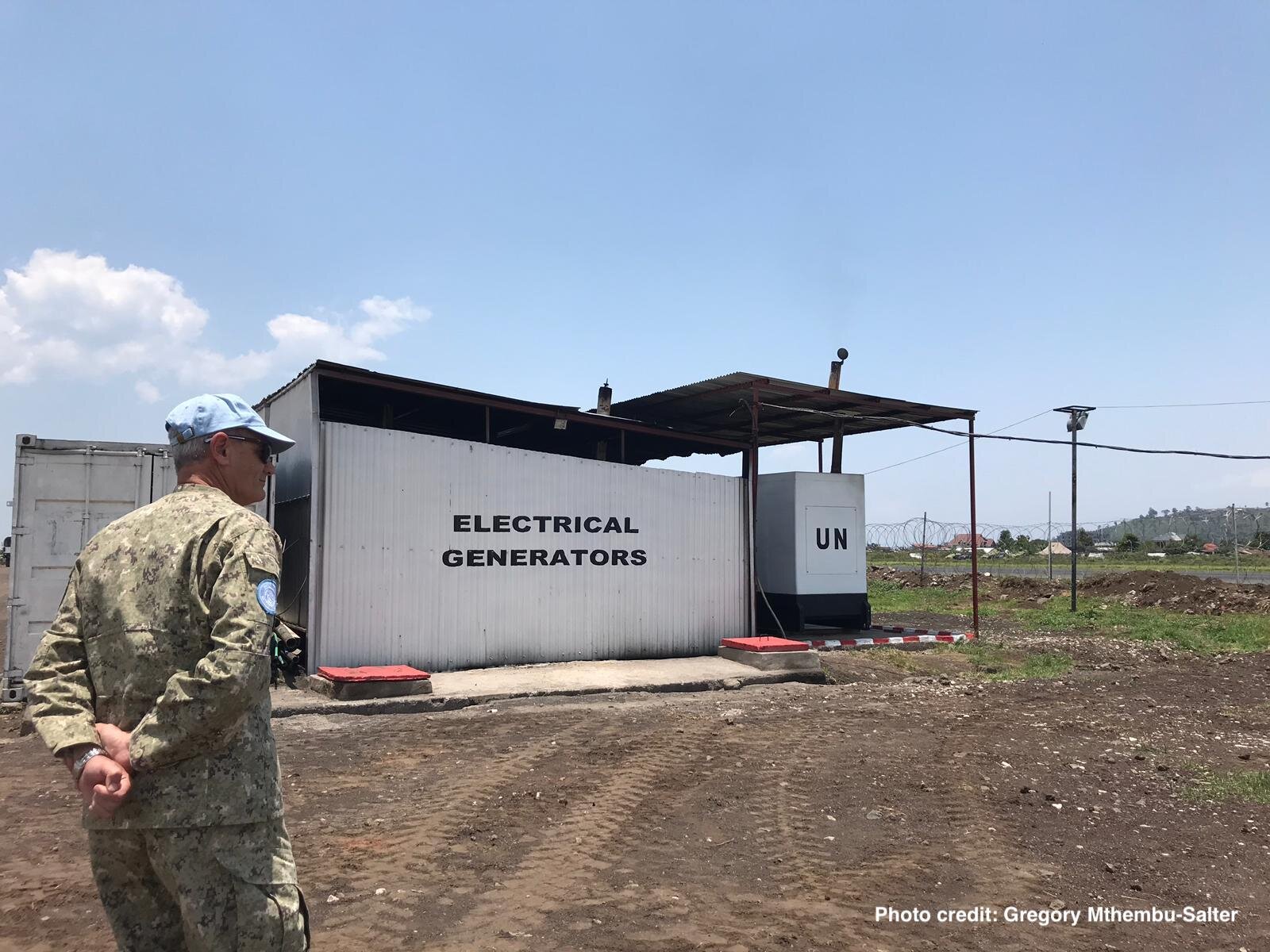OUR MISSION
Energy Peace Partners leverages renewable energy and finance solutions to promote peace in the world's most fragile regions.
Our innovative approach expands the existing toolkit for peace and development by extending the renewable energy revolution to some of the planet’s most vulnerable populations.
We address the intersection of energy poverty, conflict risk and environmental vulnerability to demonstrate the peace dividends of clean energy.
The existing toolkit to address conflict is limited.
Environmental impacts present a major threat to global security and a contributor to conflict worldwide, compounding global humanitarian and security challenges.
Record numbers of forcibly displaced persons are stretching resources and leaving the international community unequipped to respond to the interconnected challenges of energy poverty, conflict risk and environmental vulnerability.
Peace Renewable Energy Credit
Renewable energy and conflict risk is the unique intersection of our work. Improved technology combined with dramatic reductions in hardware costs have facilitated an energy revolution that is sweeping much of the world. Yet conflict- and crisis-risk settings generally lack the financing mechanisms and investment opportunities that support renewable energy growth elsewhere. To address this gap, our team has developed the Peace Renewable Energy Credit (P-REC), to encourage clean energy transitions through the monetization of renewable energy generated in fragile states.
Powering peace
Energy Peace Partners and The Stimson Center have launched "Powering Peace", an initiative to leverage greater use of clean energy to approach conflict resolution in the world’s most fragile states. This project involves collaboration with key partners in the United Nations system and other international organizations to analyze the current approach to energy provision in field operations. The program will asses the costs, benefits, and challenges of utilizing renewables, and propose a road map for shifting energy provision in field deployments.










